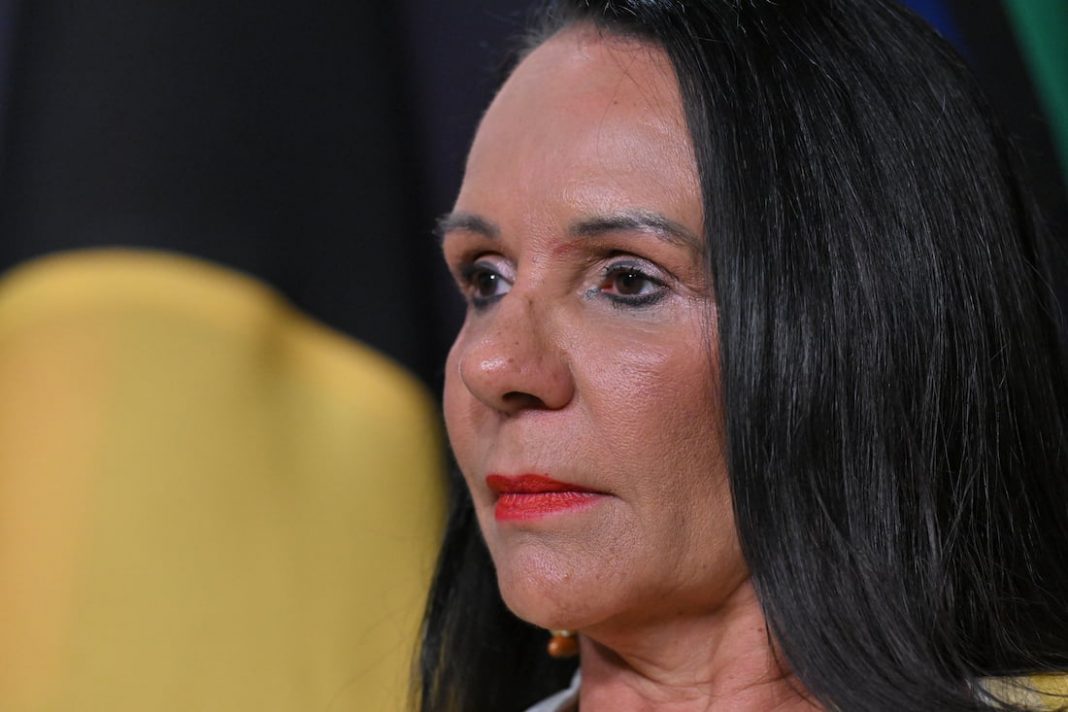oth sides of the voice campaign have pledged to unveil new measures to close the Indigenous disadvantage gap after the referendum failed.
The prime minister and the government are expected to cop a barrage about the vote – which went down in every jurisdiction but the ACT – when parliament resumes on Monday.
About 40 per cent of Australians supported the Indigenous voice to parliament in Saturday’s referendum.
The opposition attacked Anthony Albanese for pursuing the referendum when polls showed it was heading for defeat.
They accused him of dividing the nation rather than just pushing ahead with symbolic constitutional recognition, which they said they could have supported.
The government says it will continue to listen to Aboriginal and Torres Strait Islander people and work towards implementing change that can make a difference.
Shadow attorney-general Michaelia Cash says it is now time to bring the nation together.
Mr Albanese said he didn’t regret bringing forward the referendum presented to him by Indigenous communities, with his supporters calling him a conviction politician.
Indigenous Affairs Minister Linda Burney said while she accepted the result, the pathway to closing the gap was not lost and she would unveil further measures to address disadvantage.
Opposition Indigenous Australians spokeswoman Jacinta Nampijinpa Price will also begin crafting the coalition’s election policies to close the gap.
Opposition Leader Peter Dutton has committed to standing up a royal commission into child sexual abuse in Indigenous communities and an audit into spending on Indigenous programs.
“We’ve got to stop the rorts and rip offs, we’ve got to make sure people are getting the money in the communities who are most in need,” he told reporters in Canberra.
But Mr Dutton’s pledge to hold a second referendum on Indigenous recognition is in limbo with opposition frontbenchers not recommitting to the policy when asked.
Independent Zali Steggall – whose northern beaches Sydney seat of Warringah recorded a 59 per cent ‘yes’ vote – said the campaign for a voice was sabotaged when the opposition politicised it.
She accused Mr Dutton of “political opportunism” when he started branding it as “Albanese’s voice” rather than acknowledge it was a proposal from Indigenous communities decades in the making.
Independent Zali Steggall says the ‘yes’ campaign was sabotaged.
But the ‘no’ campaign stood by its message, saying Australians voted against a divisive voice that would not have led to practical outcomes.
Leading ‘no’ campaigner Warren Mundine said a treaty with Indigenous people could not come in the form of the failed voice.
“It has to be with the traditional owner nations, and it’s got nothing to do with sovereignty,” he told the ABC’s RN.
“It’s about how we move forward as a nation because we’ve got 26 million other people in this country now and we need to work together as a united country.”
Nationals Leader David Littleproud said while he understood the “pain” voice supporters would be feeling, the nation needed to move forward and address Indigenous disadvantage.
“We have done a lot of the heavy lifting but where it hasn’t, we’ve got to make sure we empower them at a local level … that’s the message that came out of this,” he told the ABC.
Asked about comments made by Senator Price which questioned the conduct of the Australian Electoral Commission in the NT, Mr Littleproud said likening that to the US was a “dangerous comparison”.
Shadow attorney-general Michaelia Cash said it was time to bring the nation together.
“The one thing we can all agree on is that we all want to see better outcomes for our most marginalised in society,” she told AAP.
Liberal MP Julian Leeser, who resigned from the opposition frontbench to campaign for the voice, said politicians needed to recommit to reconciliation with all sides agreeing “Indigenous disadvantage is the top issue”.
By Dominic Giannini in Canberra



